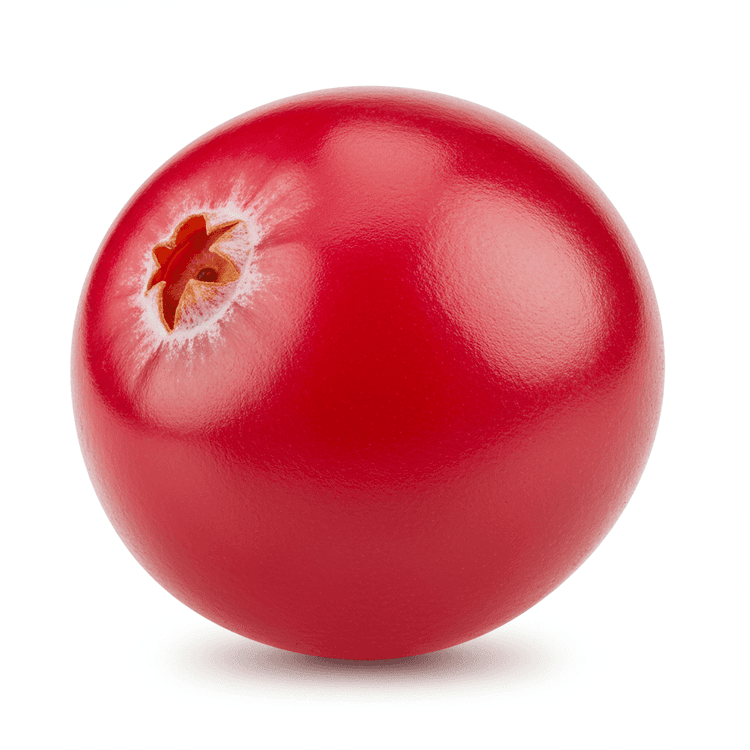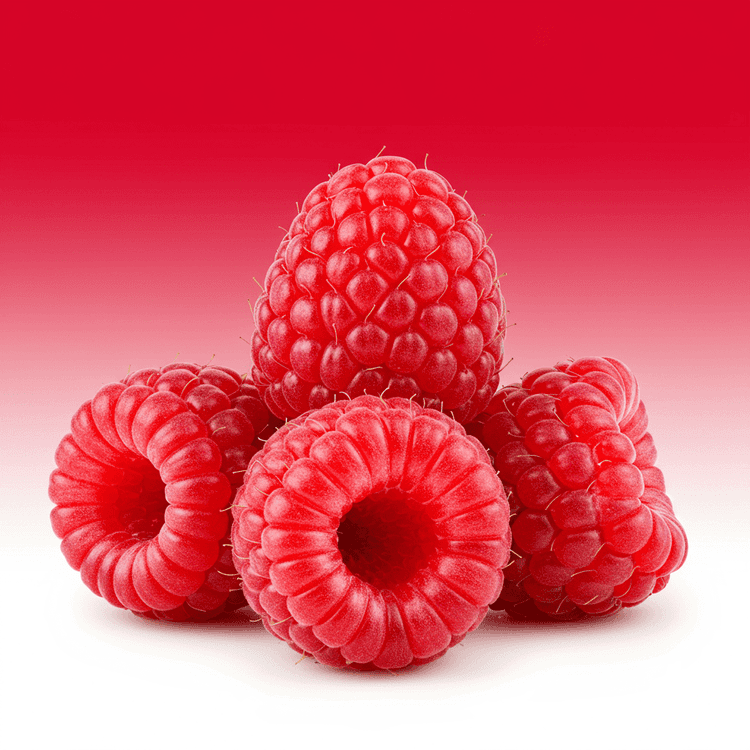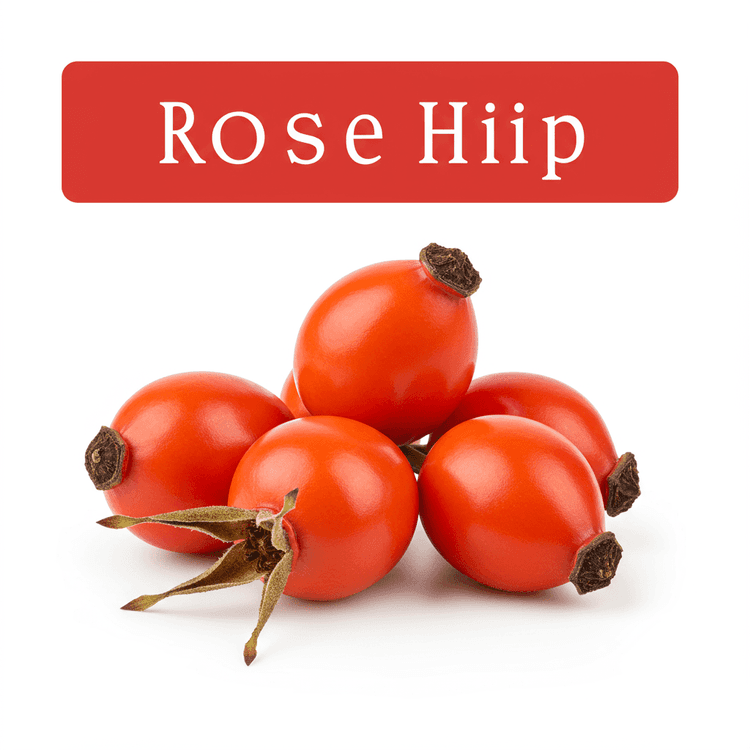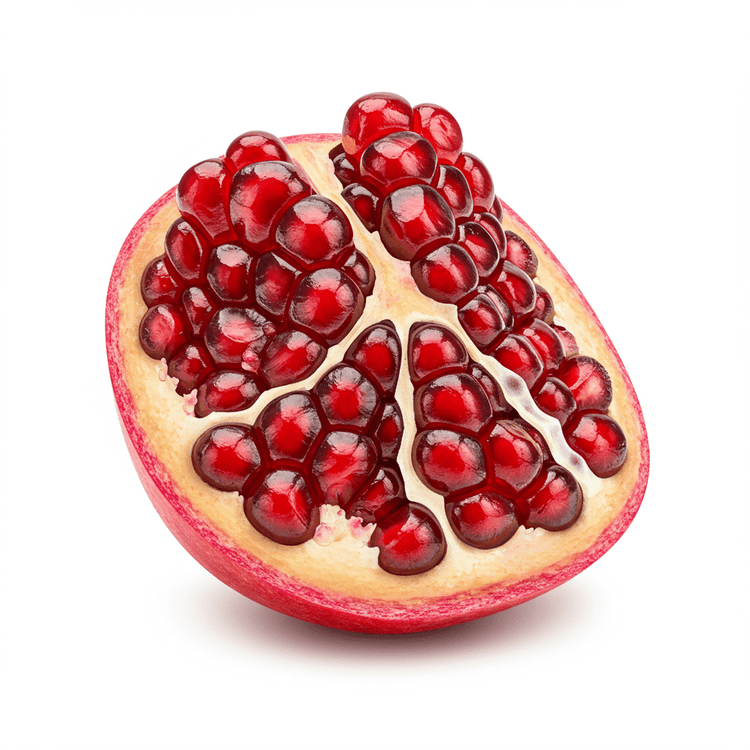
Cranberry
Cranberries are small, round, bright red berries known for their tart and slightly acidic flavor. They have a firm, smooth skin and a juicy, yet slightly firm texture. Fresh cranberries are often available in the fall and winter months. These vibrant berries are a popular ingredient in both sweet and savory dishes, offering a unique taste and vibrant color. They are also known for their health benefits, being rich in antioxidants and vitamin C.
Common Uses
- Used to make cranberry sauce: Fresh or frozen cranberries are cooked down with sugar and water to create a classic cranberry sauce, often served as a side dish with turkey or other poultry during holidays like Thanksgiving. - Added to baked goods for tartness and moisture: Cranberries can be incorporated into muffins, scones, breads, and cakes to add a burst of tart flavor and moist texture. Chopped cranberries are often used, and they pair well with nuts and other fruits. - Used in juice and beverages: Cranberry juice is a popular beverage, and cranberries are also used to make cranberry cocktails and other mixed drinks. The tartness of the cranberry balances well with sweeter ingredients. - Made into cranberry jelly and jams: Cranberries can be used to create homemade cranberry jelly or jam, which can be spread on toast, crackers, or used as a condiment. These preserves capture the unique flavor of the cranberry and are great for gifting. - Dried cranberries as a snack or salad topping: Dried cranberries offer a chewy texture and concentrated tart-sweet flavor. They are great as a standalone snack, or added to trail mix, salads, and oatmeal. - Incorporated into savory dishes such as stews or stuffing: Cranberries can add a unique sweet-tart element to savory dishes like stews, stuffings for poultry, and even meat glazes.
Nutrition (per serving)
Nutrition (per serving)
Calories
46.0kcal (2.3%)
Protein
0.5g (0.92%)
Carbs
12.2g (4.44%)
Sugars
4.3g (8.54%)
Healthy Fat
0.1g
Unhealthy Fat
0.0g
% Daily Value based on a 2000 calorie diet
Nutrition (per serving)
Calories
46.0kcal (2.3%)
Protein
0.5g (0.92%)
Carbs
12.2g (4.44%)
Sugars
4.3g (8.54%)
Healthy Fat
0.1g
Unhealthy Fat
0.0g
% Daily Value based on a 2000 calorie diet
Health Benefits
- Rich in antioxidants to help protect against cell damage
- May support urinary tract health by preventing bacteria from adhering to the bladder wall
- Good source of vitamin C, boosting the immune system
- Contains dietary fiber, aiding digestion and promoting gut health
- May help improve heart health by lowering blood pressure and cholesterol levels
- Potential anti-inflammatory properties that could benefit overall wellness
Substitutes
Chefadora AI is here.
Experience smarter, stress-free cooking.
Storage Tips
Fresh cranberries should be stored in the refrigerator in their original packaging or a sealed bag. They can last for several weeks if properly refrigerated. For longer storage, cranberries can be frozen for up to a year. Spread them out on a baking sheet to freeze individually before transferring them to a freezer bag to prevent clumping. Dried cranberries should be stored in an airtight container in a cool, dark, and dry place, such as a pantry, to maintain their quality and prevent them from becoming stale.
Marnirni-apinthi Building, Lot Fourteen,
North Terrace, Adelaide, South Australia, 5000
Australia



